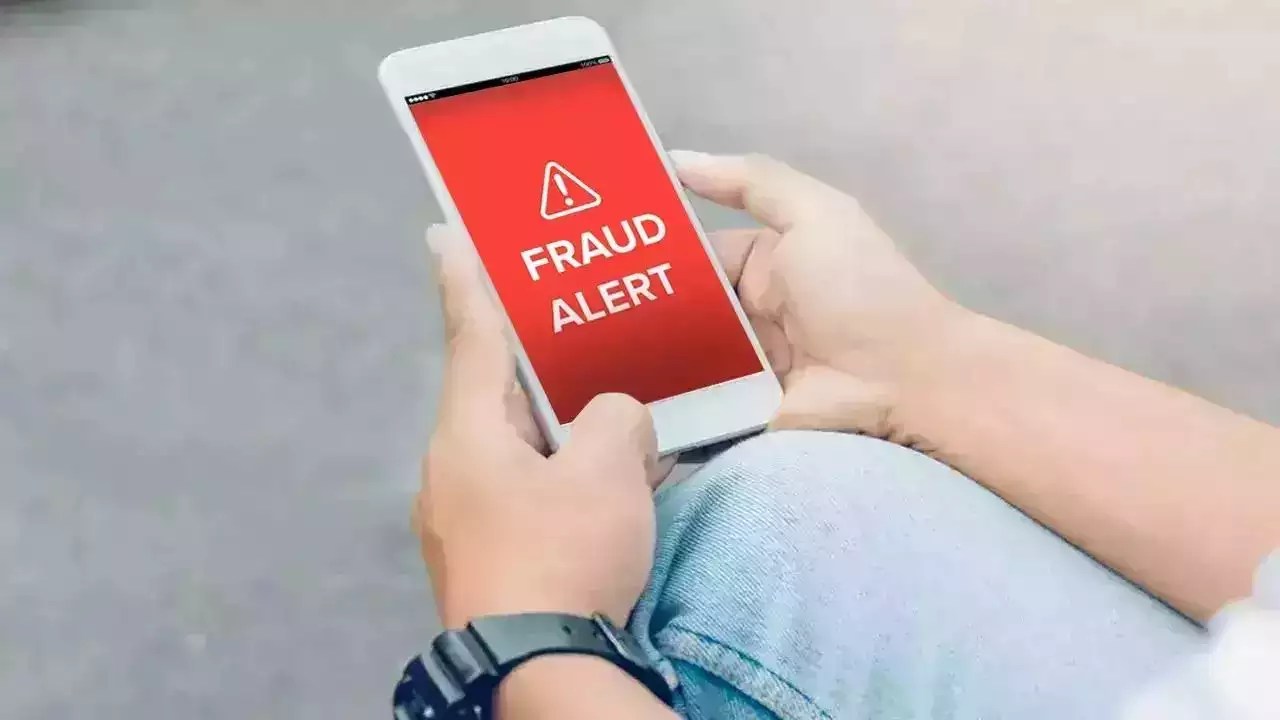The new year has just begun, but there is already a warning from the FBI about dangerous phone scams targeting New Yorkers. These scams, often designed to steal personal information and money, have become a serious concern. According to recent reports, several phone numbers are being used to trick people into giving away sensitive information like bank details or Social Security numbers. The FBI is urging all residents to block these numbers immediately if they come across them.
The rise of scams, especially in the form of phone calls and text messages, has been alarming. Criminals use various methods to sound convincing and make people believe they are dealing with legitimate businesses or institutions. Often, they use scare tactics like saying your bank account has been compromised or that your package delivery has failed. They aim to create a sense of urgency so that you act without thinking, which can result in identity theft or significant financial loss.
Here are five dangerous phone numbers that the FBI specifically warns New Yorkers about. If you receive a call or text from any of these numbers, do not engage with them and block them immediately:
1. (865) 630-4266 (Wells Fargo Scam)
If you are a Wells Fargo customer, be extra cautious if you receive a call from this number. This Knoxville, TN-based phone number has been linked to a scam where the caller claims your Wells Fargo debit card has been locked due to fraudulent activity. The scammer then urges you to call them back to resolve the issue. However, the FBI warns that this is a phishing attempt designed to steal your card details. If you receive such a call, ignore it. Instead, contact Wells Fargo using the customer service number printed on your card.
2. (469) 709-7630 (Failed Delivery Scam)
This Dallas-based number is often used to trick people into thinking there is an issue with their package delivery. Scammers send texts claiming that your package delivery failed and you need to call the number to arrange a redelivery. However, the message doesn’t identify the carrier, which is a big red flag. The FBI advises you to question whether you were actually expecting a package and not fall for this trap. It’s better to track your delivery through the official courier’s website instead of calling any unknown number.
3.(805) 637-7243 (Publishers Clearing House Scam)
This California number is associated with a scam that pretends to be from Publishers Clearing House (PCH), telling you that you’ve won a sweepstakes prize. In some cases, scammers also pose as representatives from credit card companies, saying there has been suspicious activity on your account. One reported scam involved a fake Visa fraud call where the scammer threatened that a large unauthorized charge would go through if the victim hung up. The FBI urges you to never provide personal or financial information over the phone without verifying the caller’s identity.
4. (858) 605-9622 (Bank Account Fraud Scam)
This number is used in scams where the caller claims your bank account, whether with Chase, PNC, or Wells Fargo, has been compromised. They ask you to call the number to resolve the issue. Similar to other banking scams, they try to scare you into acting quickly without thinking. Remember, legitimate banks will never ask you to resolve fraud issues over the phone in such an urgent manner. If you receive such a call, hang up and contact your bank using the number provided on the official website or your bank card.
5. (863) 532-7969 (Debit Card Scam)
This Florida-based phone number is often used in scams targeting people who use debit cards. The scammers claim your debit card account has been frozen and ask for your card details to “unfreeze” it. The FBI confirms that this number is not linked to any legitimate bank and advises people to be cautious if they receive such calls. Always contact your bank directly through official channels if you suspect any issues with your card.
How to Protect Yourself
To protect yourself from these and other scams, follow these simple steps:
– Block suspicious numbers: If you get a call or text from any number you don’t recognize, block it immediately.
– Don’t share personal information: Never give out your bank details, Social Security number, or any other personal information over the phone unless you’re sure of the caller’s identity.
– Verify contact: If you receive a call from your bank or any institution asking for sensitive information, hang up and call the official number provided on your account or website.
– Stay cautious: Always be skeptical of unsolicited calls or messages that create a sense of urgency. Scammers rely on pressure tactics to get you to act without thinking.
With the rise of phone scams, it’s important to stay alert and protect your personal information. The FBI’s warning serves as a reminder that anyone can be a target, but taking the right precautions can help you avoid falling victim to these scams. Stay safe and don’t let fraudsters take advantage of you!
(Source: newsbreak.com)




